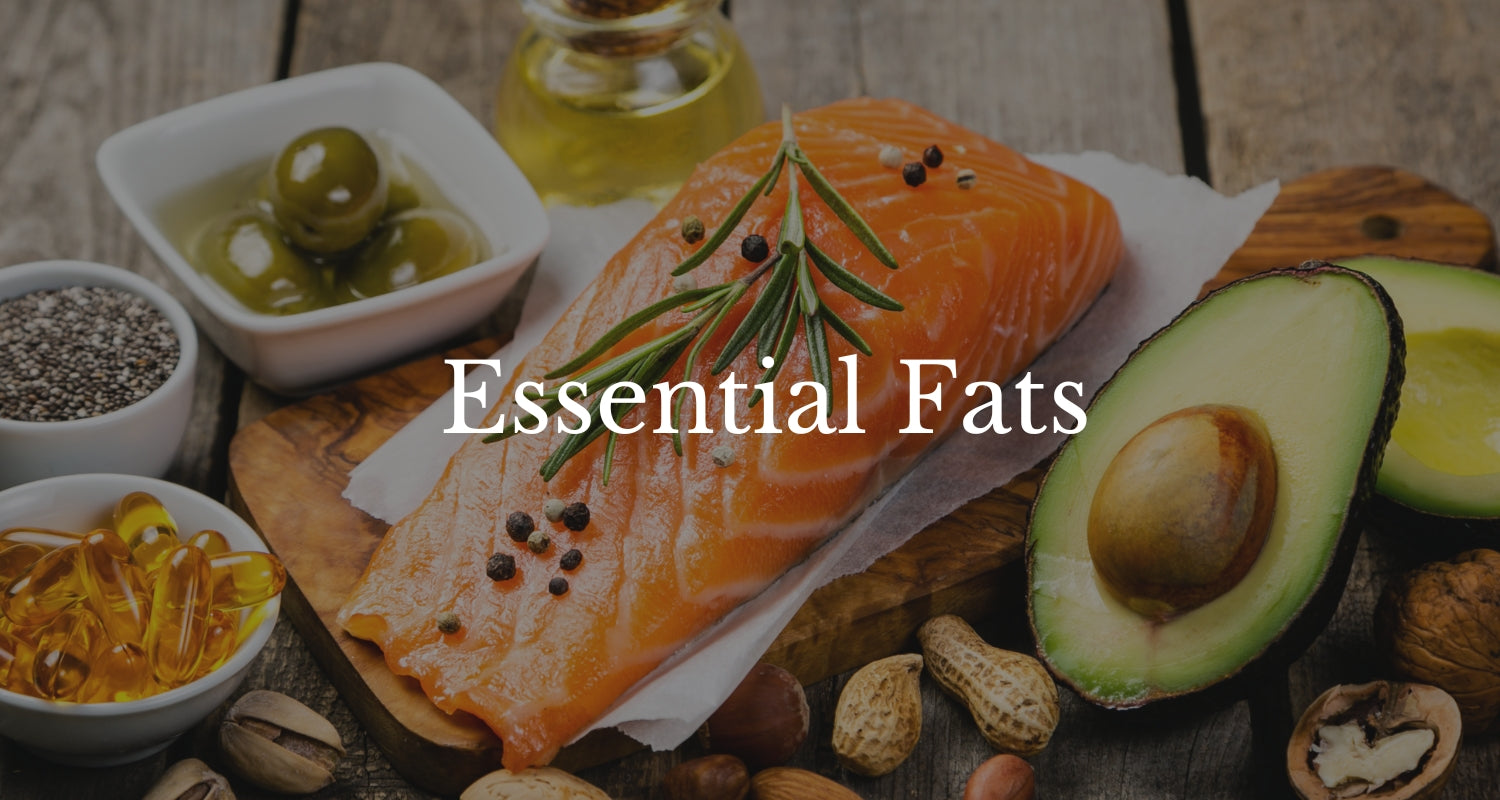
Essential fast
Despite its reputation, fat (the right kind of fat, anyway) is not a four-letter word. Fat is a critical, energy-dense nutrient required for optimal cell and biological function, as petrol is to a car. If protein forms the machinery, fat provides the gasoline. In addition to providing an energy source, fats:
- help improve the absorption of certain nutrients,
- act as shock absorbers and cushioning agents for various organs and glands,
- help us maintains our core body temperature,
- act as a raw material for the production of important hormones,
- form the basis of skin moisture factors, and
- play a key role in the insulation that helps maintain effective electrical energy flow through the brain and nervous system
As with all nutrients, the building blocks of fats are primarily obtained through the diet. Upon ingestion, food fats are broken down into their building blocks, called fatty acids of which there are two varieties:
- Saturated fats. Saturated fats play a structural role in the body, especially in the brain and heart. They are found in firm, fatty animal foods like meat and fish, as well as butter, cheese, and eggs. Palm and coconut are the primary source of non-animal-derived saturated fatty acids.
- Unsaturated fats. Unsaturated fats are found in oils and particularly in grains, seeds, and fruits such as avocados, olives, rice, corn, flax, soy, nuts, and peanuts. Eggs and fish are also good sources of unsaturated fatty acids. Since the 1930s, evidence has been accumulating that unsaturated fatty acids can provide many health benefits, including: decreasing risk of heart disease, lowering blood sugar and cholesterol, and reducing the risk of heart disease and diabetes. Every cell of the body is coated with these types of fats in the form of a substance known as phospholipids and they are an integral part of the inflammatory system. However, unsaturated fats do have a dark side: they oxidize readily, turning rancid. Recent literature also has implicated excessive intake of unsaturated fats to accelerated aging and cancer.
The Two Key Fatty Acids Our Bodies Cannot Make (and Why We Need to Supplement)
For the most part, fatty acids required for good health can be made in the body. The exceptions are two that must be obtained via foods and are said to be essential. Known as essential fatty acids (EFAs), their importance is impossible to overestimate—nutritionists call them Vitamin F. EFA deficiencies are linked to numerous health challenges including:
- mental disorders
- diabetes
- atherosclerosis
- hypertension
- psoriasis
- eczema
- infertility
- menstrual issues
- immune and autoimmune disease
EFAs may help improve these conditions. EFA supplementation has been studied in hundreds of clinical trials and has been shown to be beneficial in improving many of these conditions. The EFAs are vital for normal growth and healthy development, especially of the embryo and fetus. They support cardiovascular and brain health, are important for liver and immune function, and keep skin youthful and hydrated. The two key EFAs are known technically as:
- alpha linoleic acid (Omega 6), which can be found in most seeds and grains, especially soy, corn, peanut and wheat (especially the germ), and
- linolenic acid (Omega 3) which can be found in flax, chia, pumpkin, and walnut.
Two other fatty acids of note (derivatives of linolenic acid) are found in fish and seafood. These are known as DHA (docosahexaenoic acid) and EPA (eicosapentaenoic acid). Both of these play an important part in the health of the brain and nervous system, especially in the eyes.
The Benefits of EFAs—At a Glance
Next time you hear the word “fat,” think about it differently. Let these be your new associations with the term:
- EFAs are good fats.
- EFAs convert to master hormones.
- EFAs make skin soft.
- EFAs ease menstrual cramps.
- EFAs are oxygen magnets.
… and these good fats that keep you away from bad fats.
